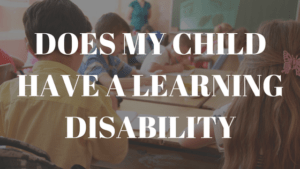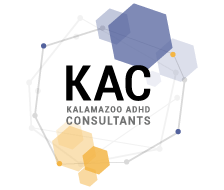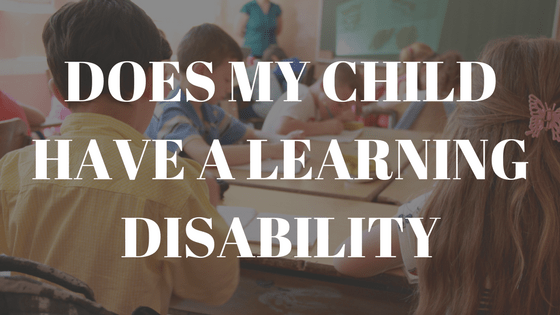
Children struggle in school for many reasons. Whether it is concentration difficulties, academic learning disabilities, depression, anxiety, etc., a child’s academic performance is really dependent on many factors. I believe that it is important to routinely assess for the potential of a learning disability while assessing for ADHD. On the surface, many things tend to look like ADHD. However, if a child is believed to be demonstrating performance which appears to be influenced by ADHD, yet there is no neurological origin, a child may not then get access to the appropriate accommodations to assist in their learning.
There are several forms of learning disabilities. Please see the following list for more information:
- Difficulty with math (Dyscalculia)
- Difficulty with Audio Processing (Audio Processing Disorder)
- Difficulty with handwriting and fine motor skills, (Dysgraphia)
- Difficulties with language processing (Dyslexia)
- Weak verbal learning (Nonverbal Learning Disorder)
Learning disabilities can also interfere with organization, planning, abstract reasoning, short and long term memory, and various other executive functions. As a result, it is important to have a better understanding of why these symptoms are present to best assist and provide accommodations across multiple settings (home, school, work, etc). In order to best identify the appropriate interventions and accommodations, data is needed…particularly if a school will be implementing a 504 or IEP plan.
There are many things a therapist of counselor can do to help with this as well. If additional documentation is needed from a mental health provider, the testing process does more than enough to generate this necessary data. Additionally, if depression, anxiety, or another mental health condition is present, the therapist or counselor can provide treatment (i.e. Cognitive Behavioral Therapy) to reduce the interfering effects they may have on a potential learning disability.
A child’s learning disability may also disrupt family functioning as well. As parents you may find yourself becoming more irritable, have trouble interacting with your partner regarding many things, or start to develop symptoms of anxiety or depression yourself. If you believe that this may be the case, do not hesitate to contact a therapist of counselor yourself. Marriage therapy could help reduce any additional difficulties within the family system.
Regardless of the details of the overall learning disability, it is most important to be sure to have all medical professionals (Doctors, Psychologists, Occupational/Physical Therapists, etc.) to be in good communication with a child’s school counselor. The school counselor is the child’s advocate with the school and they often have the ability to influence decisions being made regarding any accommodations within that setting.





